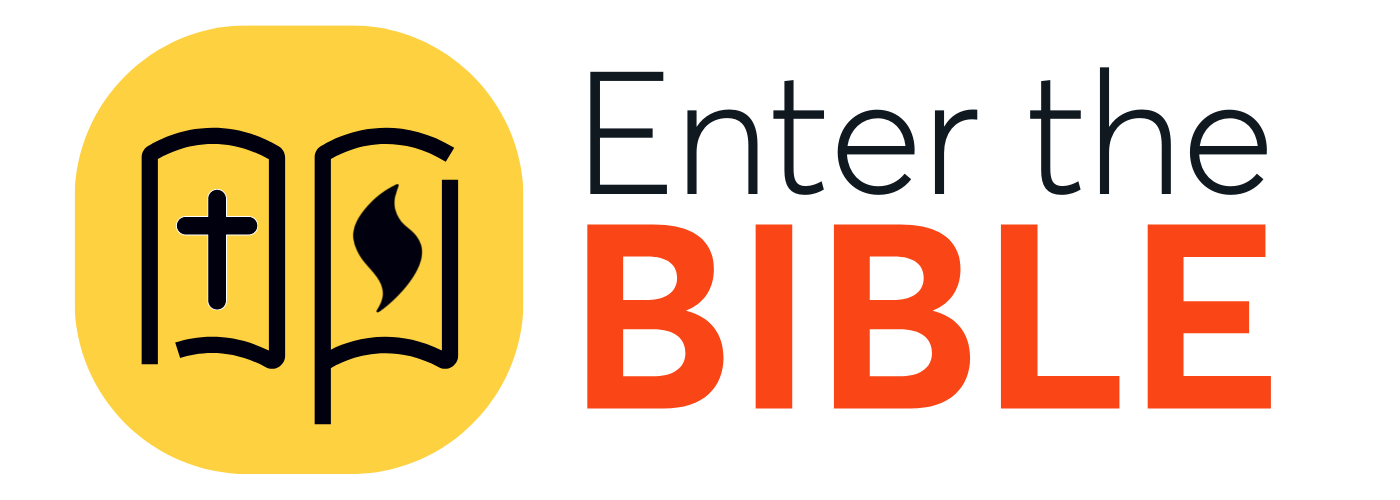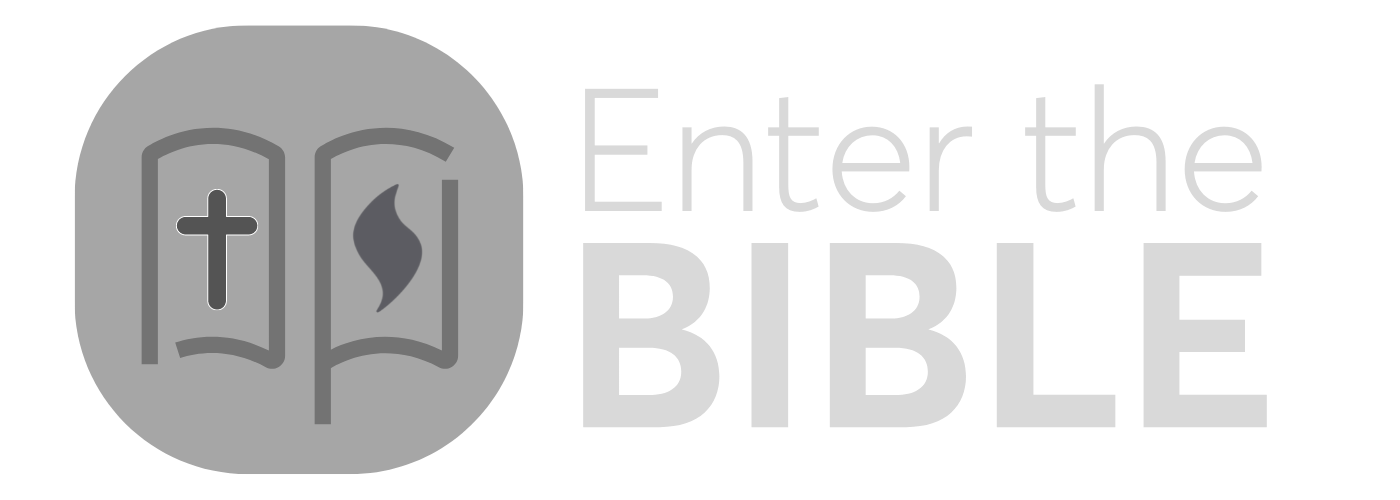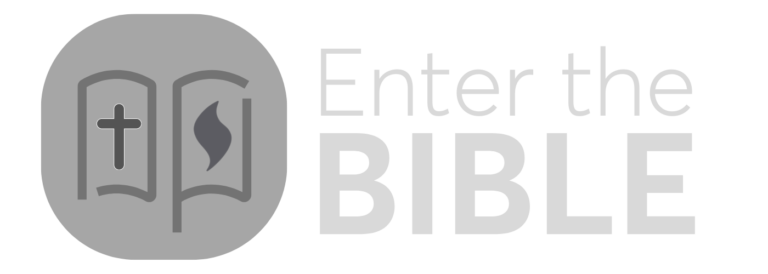My favorite Bible passage for today is Psalm 121.
1 I lift up my eyes to the hills– from where will my help come?
2 My help is from the LORD, maker of heaven and earth.
3 He will not let your foot be moved; your keeper will not slumber.
4 In deed, he will neither slumber nor sleep, the keeper of Israel.
5 The LORD is your keeper;
the LORD is your shade at your right hand.
6 By day the sun will not strike you, nor the moon by night.
7 The LORD will keep you from all evil; he will keep your life.
8 The LORD will keep your going out and your coming in
from now until forever.1
I love this psalmA psalm is a song of praise. In the Old Testament 150 psalms comprise the psalter, although some of the psalms are laments and thanksgivings. In the New Testament early Christians gathered to sing psalms and hymns and spiritual songs. More for at least three reasons.
First, through Psalm 121 we address God with both wonder and inquiry.
The wonder is expressed in the very act of looking towards the mountains for God. Who among us has not had the experience of lifting our eyes to some mountain, to some horizon, and looking for, thinking about the presence (or absence) of God in their lives? When we are on a pilgrimage, perhaps a spiritual pilgrimage looking for God, we lift our eyes, and there before us is the Lord of Lords, beckoning us to keep on climbing.
And from wonder we are moved to inquiry, “from where will my help come?” I am bowled over by the way this psalm, like so many others, invites us to pray through questions. We so often think good theology and true prayer are found only in good answers. But perhaps some of the best of both comes in the form of questions. Here, at the beginning of Psalm 121, our deepest questions are affirmed and lifted up, like eyes toward the mountains. God could not bless us with a more important affirmation than that one can begin praising by asking a question.
My second reason for loving Psalm 121 is that the poetry, which creates meaning and leads to prayer, is gorgeous. The psalm contains complex parallelism, multiple repetitions and opposites, and two wonderful images of God… all of this in one short eight-verse psalm!! The rhythm and imagery invite us into prayer.
The seven-time repeated word “watch, keep, guard” creates the prime image: The Lord is our keeper, our guardian, the one who watches over us, and the one who never sleeps. We are people who are kept, guarded, watched over.
The second image is equally filled with divine promise: The Lord is our shade protecting us from the dehydrating heat of the sun and the debilitating lunacy of the moon.
My third reason is the multiplicity of movements in the psalm:
- Psalm 121 moves from addressing God as creator to confessing God as redeemerA redeemer is someone who literally buys back, wins back, or frees from distress. The Hebrew term for redeemer (go'el) means to deliver or rescue. It may be a person or God who performs the act of redemption. More. The very Lord who has made and continues to make all the heavens and the earth is committed to watching over us, guarding us from danger and harm. Indeed, as the movement of Psalm 121 invites us to understand, the very act of creationCreation, in biblical terms, is the universe as we know or perceive it. Genesis says that in the beginning God created the heavens and the earth. In the book of Revelation (which speaks of end times) the author declares that God created all things and... More commits God to the role of keeper. Such personal assurance, when I allow myself the graceGrace is the unmerited gift of God's love and acceptance. In Martin Luther's favorite expression from the Apostle Paul, we are saved by grace through faith, which means that God showers grace upon us even though we do not deserve it. More to listen, to pray, and to believe it, moves me to tears of gratitude.
- Psalm 121 moves from me as an individual to us as a community. Though Psalm 121 begins with “my” lifted eyes and search for help, it is not content to speak to me alone. The psalm moves to a “you.” And while the singular “you” of the last verses is most certainly addressed to me, when I say this psalm aloud or in community, the “you” becomes someone else whom I address, the whole community whom the Lord keeps from harm and evil. In this subtle way, I am moved from contemplation to proclamation. My God is not only personal. My God is the Lord of the nation, the one with a whole history of redemption and grace.
- In this manner, Psalm 121 moves from query and wonder to assurance and promise.
Psalm 121 is, for me, a nearly perfect psalm in a book of psalms crucial to our lives of faith.
Psalms are a primary way we speak to God. We take all that we are, we fear and we rejoice in directly to God. We pray psalms that we might better know God and ourselves, and we take that knowing to God in prayer.
Psalms are equally a primary way God speaks to us. Witness how they are most often quoted in the New Testament. Psalms provide a way for God to shape my religious life into something bigger than my own experience. Psalms bind me to the whole company of Saints, past and present. Which is to say, when we pray psalms we “catch” God speaking to us as we speak to God. If we attend well, we recognize truth that moves us beyond our own self-conscious concerns and transports us into the concerns of the ages.
Psalms teach us to cry, to question, to praise, to wonder, to complain, to yell, and to experience joy and peace. Psalms invite us into the community of faith. What more could we want from a book of the Bible?
Notes:
1 Author’s translation.










